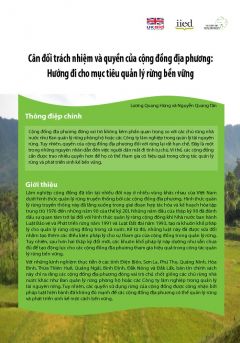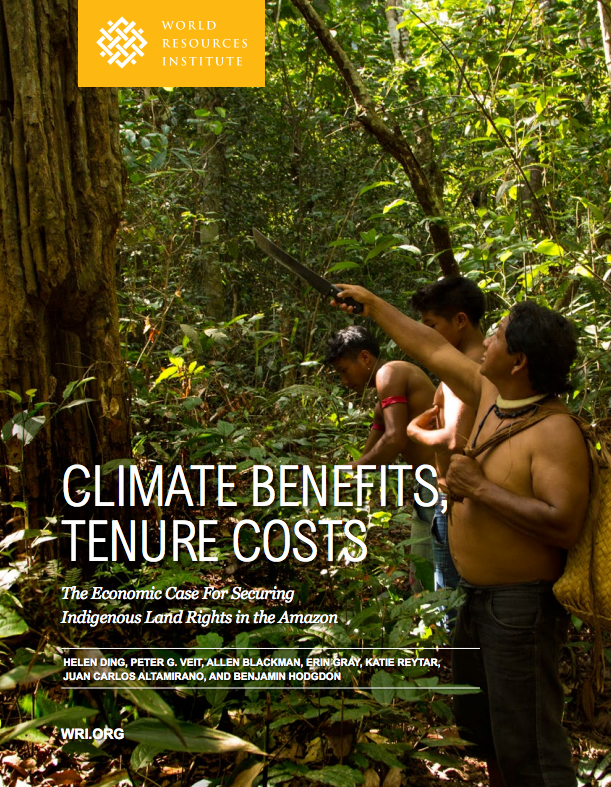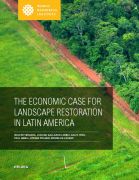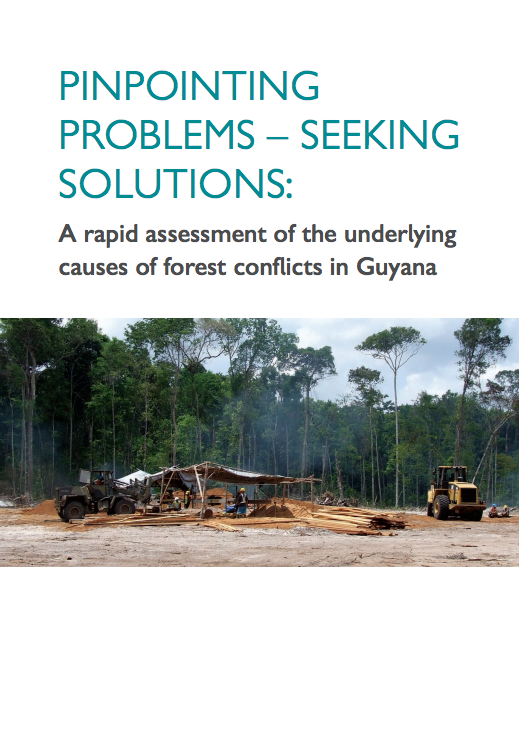Cuarenta años de forestería comunitaria
Desde las décadas de 1970 y 1980, la forestería comunitaria ha ido adquiriendo cada vez más popularidad, a partir del concepto de que las comunidades locales, cuando se les conceden suficientes derechos de propiedad sobre los bosques colectivos locales, pueden organizarse de forma autónoma y crear instituciones locales a fin de reglamentar el uso de los recursos naturales y manejarlos de forma sostenible.







